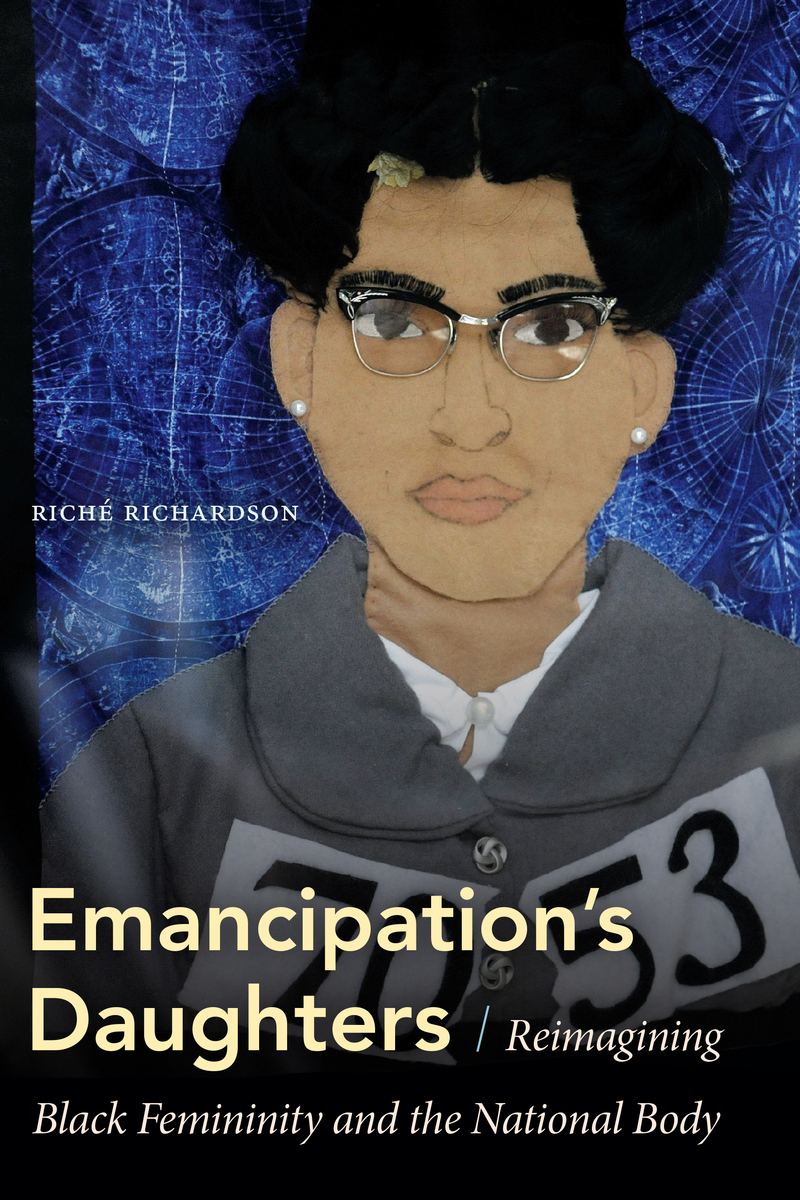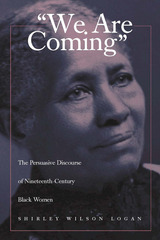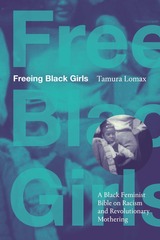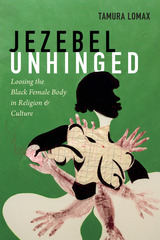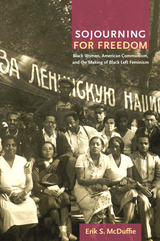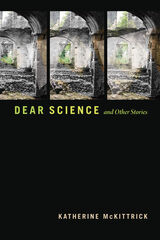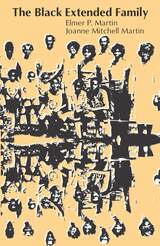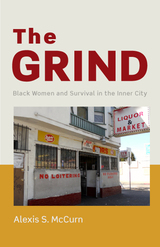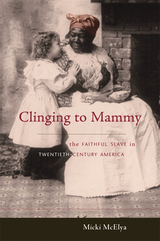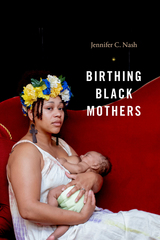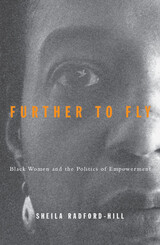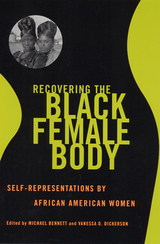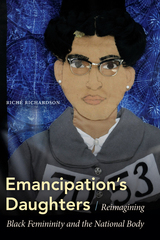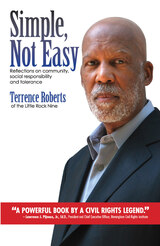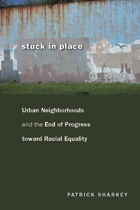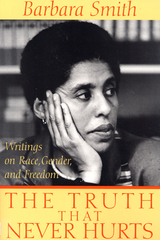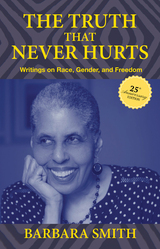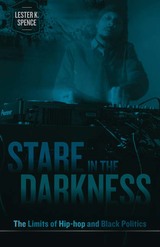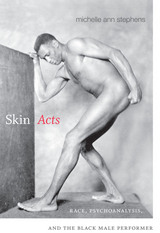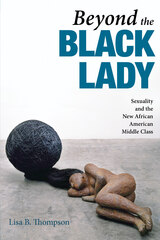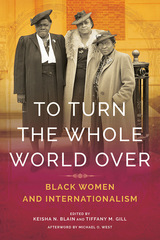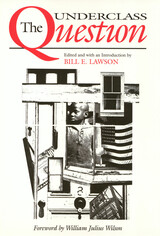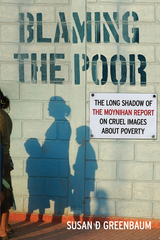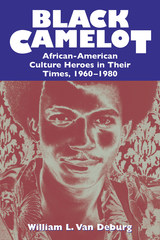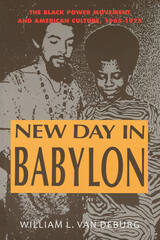Emancipation's Daughters: Reimagining Black Femininity and the National Body
Duke University Press, 2021
Cloth: 978-1-4780-0991-7 | Paper: 978-1-4780-1097-5 | eISBN: 978-1-4780-9091-5 (OA) | eISBN: 978-1-4780-1250-4 (standard)
Library of Congress Classification E185.86.R534 2021
See other books on: African American leadership | African American women | Black Studies (Global) | Leadership in women | National Body
See other titles from Duke University Press
Cloth: 978-1-4780-0991-7 | Paper: 978-1-4780-1097-5 | eISBN: 978-1-4780-9091-5 (OA) | eISBN: 978-1-4780-1250-4 (standard)
Library of Congress Classification E185.86.R534 2021
ABOUT THIS BOOK | AUTHOR BIOGRAPHY | REVIEWS | TOC | REQUEST ACCESSIBLE FILE
ABOUT THIS BOOK
In Emancipation's Daughters, Riché Richardson examines iconic black women leaders who have contested racial stereotypes and constructed new national narratives of black womanhood in the United States. Drawing on literary texts and cultural representations, Richardson shows how five emblematic black women—Mary McLeod Bethune, Rosa Parks, Condoleezza Rice, Michelle Obama, and Beyoncé—have challenged white-centered definitions of American identity. By using the rhetoric of motherhood and focusing on families and children, these leaders have defied racist images of black women, such as the mammy or the welfare queen, and rewritten scripts of femininity designed to exclude black women from civic participation. Richardson shows that these women's status as national icons was central to reconstructing black womanhood in ways that moved beyond dominant stereotypes. However, these formulations are often premised on heteronormativity and exclude black queer and trans women. Throughout Emancipation's Daughters, Richardson reveals new possibilities for inclusive models of blackness, national femininity, and democracy.
See other books on: African American leadership | African American women | Black Studies (Global) | Leadership in women | National Body
See other titles from Duke University Press
